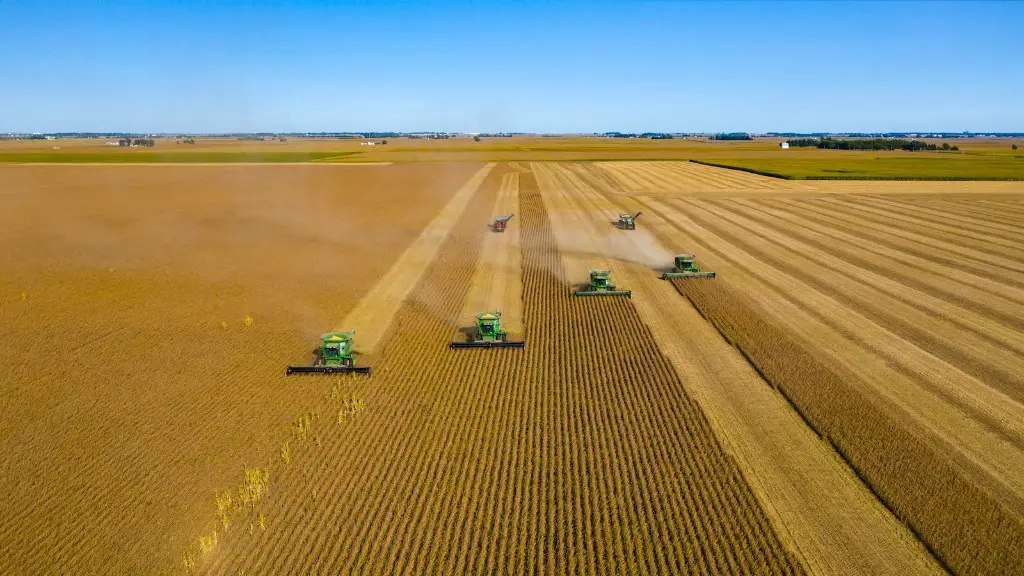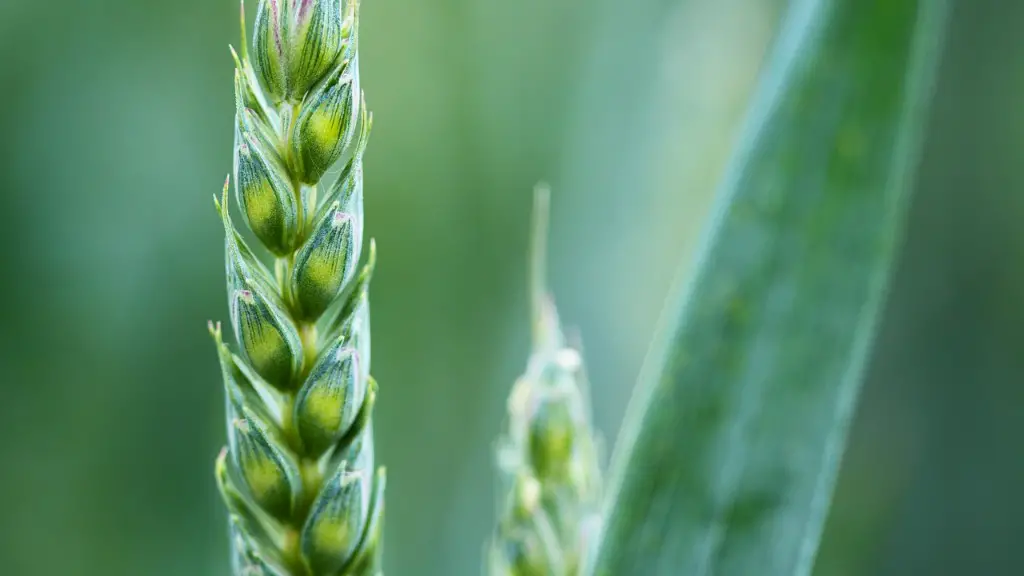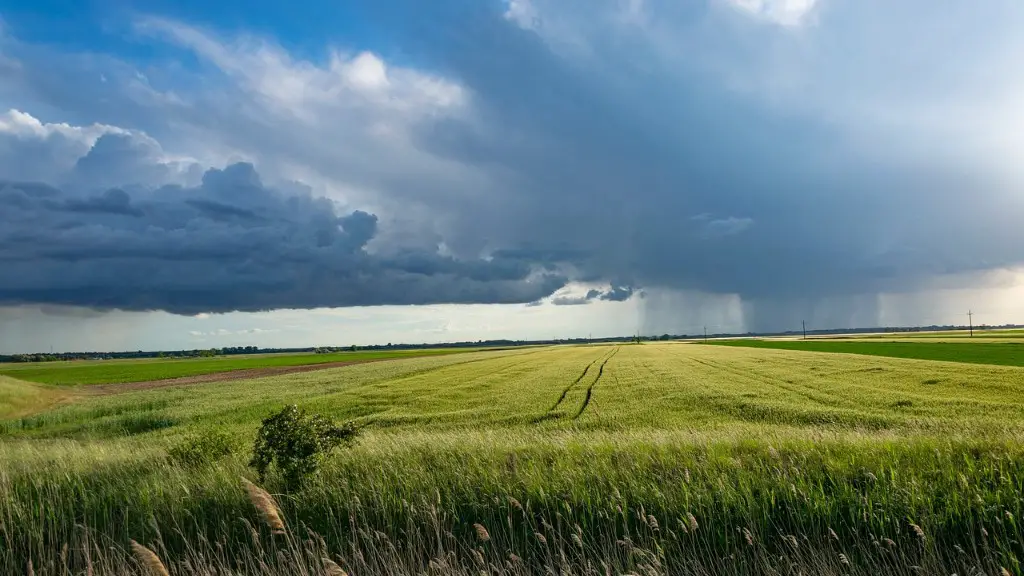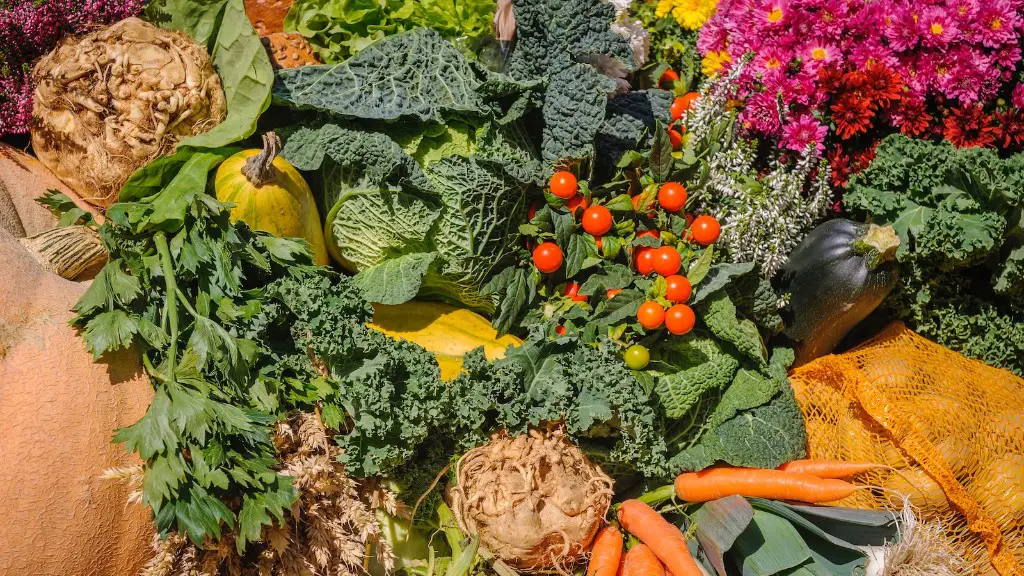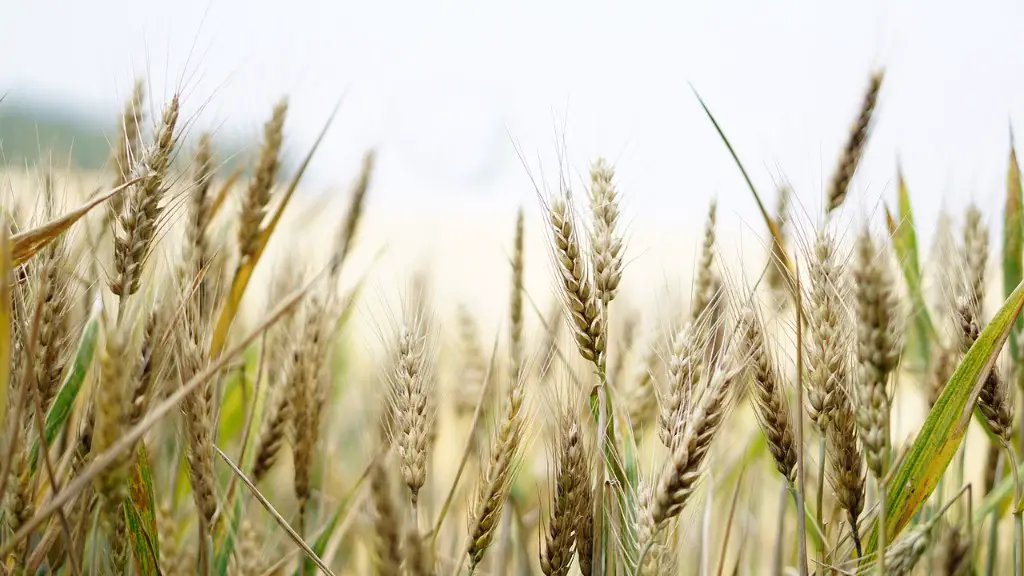Organic agriculture has been gaining popularity in recent years as people become more concerned about the environmental impact of their food choices. But is organic really better for the environment than conventional agriculture?
There are a few key ways in which organic agriculture is more eco-friendly than conventional methods. First, organic farming practices promote soil health, which is essential for long-term agricultural productivity. Soil health is improved through organic methods like crop rotation and the use of cover crops, which help to protect and restore soil nutrients.
In addition, organic farms typically use less water than conventional farms. They also emit fewer greenhouse gases and other pollutants.
However, it’s important to note that the overall environmental impact of organic agriculture still depends on a number of factors, including the specific farming practices used, the type of crops grown, and the climate. In some cases, organic agriculture can actually have a negative impact on the environment.
overall, organic agriculture is a more sustainable way of producing food. By supporting organic farmers, we can help to protect the environment and improve our own health at the same time.
There is no easy answer to this question. Both organic and conventional agriculture have advantages and disadvantages when it comes to the environment.
Organic agriculture is often touted as being better for the environment because it uses less synthetic chemical inputs. This can lead to reduced pollution and a smaller carbon footprint. Organic farming also tends to use more sustainable practices, such as crop rotation and composting, which can help improve soil health.
However, conventional agriculture can also be environmentally friendly. Modern farmers are using more precision agriculture techniques that minimize chemical use and help reduce greenhouse gas emissions. They are also working to improve water and soil conservation.
Is organic farming better for the environmental than conventional farming?
Organic farming is a more sustainable and environmentally friendly option than conventional agriculture. It causes less greenhouse gas emissions, soil erosion, and water pollution, and does not threaten human health with toxic pesticide residues.
Organic farms are typically more environmentally friendly than conventional farms. They use less energy, release less carbon emissions, and foster more biodiversity.
Why conventional agriculture is better than organic agriculture
There is a lot of debate surrounding the safety and sustainability of organic versus conventional farming, but the bottom line is that both can be safe and sustainable if done correctly. Organic farms may rely more heavily on manual labor, but if done correctly, they can be just as efficient as conventional farms. It really comes down to the farmer’s methods and management style.
There is no definitive answer to this question as it depends on individual preferences and needs. Some people may prefer to eat organic foods for health reasons, while others may find that non-organic foods are just as good for them. Ultimately, it is up to the individual to decide what is best for them.
What are the negative effects of organic farming?
Organic systems have lower land-use efficiency than conventional systems. As discussed above, organic crop yields are lower than conventional yields on average. In addition, organic crop rotations typically include crops that are not suitable for human consumption. This means that more land is required to produce the same amount of food when using organic methods.
Organic food is more expensive than conventional food because farmers do not get as much out of their land as conventional farmers do. Production costs are higher because farmers need more workers. Marketing and distribution is not efficient because organic food is produced in smaller amounts.
Why don t more farmers go organic?
It is interesting to note that, despite the high demand for organic food, less than 1% of US farmland is certified organic. There are a number of reasons why farmers may not be able to afford to switch to organic production, including the cost of changing farming practices and the loss of income during the transition period. However, a new half-measure – certifying crops in transition – aims to solve this problem. This will enable farmers to sell their crops as organic, even if they are not yet fully certified, and should help to make organic production more affordable.
Organic farming is not only better for the environment, but it can also help reduce greenhouse gas emissions. This is because organic farming practices prohibit the use of fossil fuel-based fertilizers and most synthetic pesticides. The production of these farm chemicals is energy intensive and results in the release of greenhouse gases into the atmosphere. By switching to organic farming, we can help reduce our reliance on these harmful chemicals and make a positive impact on the environment.
Is organic actually worth it
Organic foods are better for the planet for a number of reasons. First, they support an agricultural system that avoids synthetic fertilizers and pesticides. This is better for the environment because it reduces pollution and the use of harmful chemicals. Additionally, organic farms promote a more biodiverse ecosystem. This means that there is more variety in the types of plants and animals that are present, which is important for the health of the environment. Finally, organic farms pay attention to the health of waterways, soil, air, wildlife, farm workers, and the climate. This is important because all of these factors play a role in the health of the planet.
Organic farms are those that do not use synthetic pesticides, herbicides, or other chemicals. They often seek to preserve biodiversity and local ecosystems. Many people choose organic foods to avoid any risks associated with the pesticides, herbicides, and other chemicals used in conventional farming.
What is the truth about organic foods?
There are plenty of reasons to choose organic foods, and new research is providing more ammunition for the Organic side. A study has found that organic foods have higher antioxidant levels than their conventionally grown counterparts.
The study, published in the British Journal of Nutrition, compared the antioxidant levels of over 453 fruit and vegetable samples. The organic samples had, on average, 20% higher levels of antioxidants than the conventionally grown samples.
This is just one more reason to choose organic foods, which are already known to have lower levels of toxic substances and more beneficial nutrients.
While it is certainly important to consider the long-term effects of global warming, it is also essential to take into account the potential for extreme weather events in the short-term. Organic soils are generally more resilient to floods and droughts than non-organic soils, making them a safer bet in terms of crops and other vegetation. In addition, organic soils tend to be healthier overall, providing a stronger foundation for plant growth. As we experience more extreme weather conditions in the coming years, organic soils will become an increasingly important part of agricultural and land management.
What is the biggest problem for organic farmers
Organic growers in the US face a number of challenges that can impact their yields, quality of soil nutrients, and ability to gain proper certifications and market access. One of the biggest challenges is the lower yields organic farmers typically experience compared to those using conventional farming techniques. This can be attributed to a number of factors, including the fact that organic farmers often lack the same access to technology and infrastructure that conventional farmers do. Additionally, organic farmers may have difficulty maintaining high quality soil nutrients, as they are not able to use synthetic fertilizers and pesticides. This can make it difficult to meet the demands of certifications and market access.
The high price levels of organic food are due to the fact that organic farming does not use synthetic fertilizers, which lowers the yield. Additionally, organic food spoils quickly, making it less convenient than non-organic food. However, the most alarming fact about organic food is that it is contaminated with E. coli more often than non-organic food. This is because organic food is not treated with synthetic pesticides, which kills bacteria. Thus, it is important to be aware of the pros and cons of organic food before making a purchase.
Is organic farming overrated?
Organic food is not overrated. While the Stanford study may show that organic food does not yield richer nutritional content than non-organic, the significant environmental impact of pesticides still make organic an important option in the produce aisle. Organic farmers use less pesticides, which means that there is less chance of those pesticides seeping into the soil and contaminate groundwater.
The above data shows that a majority of farmers in India are facing various difficulties like high cost of production, lack of market, low production, less selling, lack of labour for farming, transportation and storage problem, etc. This is a matter of concern and needs to be addressed urgently.
Conclusion
There is no scientific consensus on whether organic agriculture is better for the environment than conventional agriculture. Some studies suggest that organic agriculture may have lower environmental impacts than conventional agriculture, while other studies suggest the opposite.
There is a great deal of debate on the topic of organic versus conventional agriculture. Some people believe that organic agriculture is better for the environment, while others believe that conventional agriculture is more efficient and causes less environmental damage. The truth is likely somewhere in the middle. Organic agriculture has some advantages, such as reduced use of synthetic chemicals, but it also has disadvantages, such as lower yields. Conventional agriculture has its own advantages and disadvantages, but it is generally more productive. In the end, the best choice for the environment is the type of agriculture that is best suited to the specific environment in which it is being practiced.
